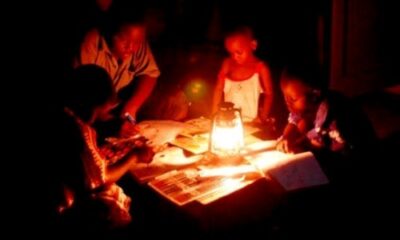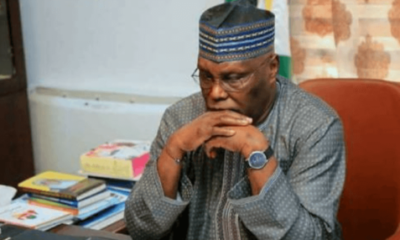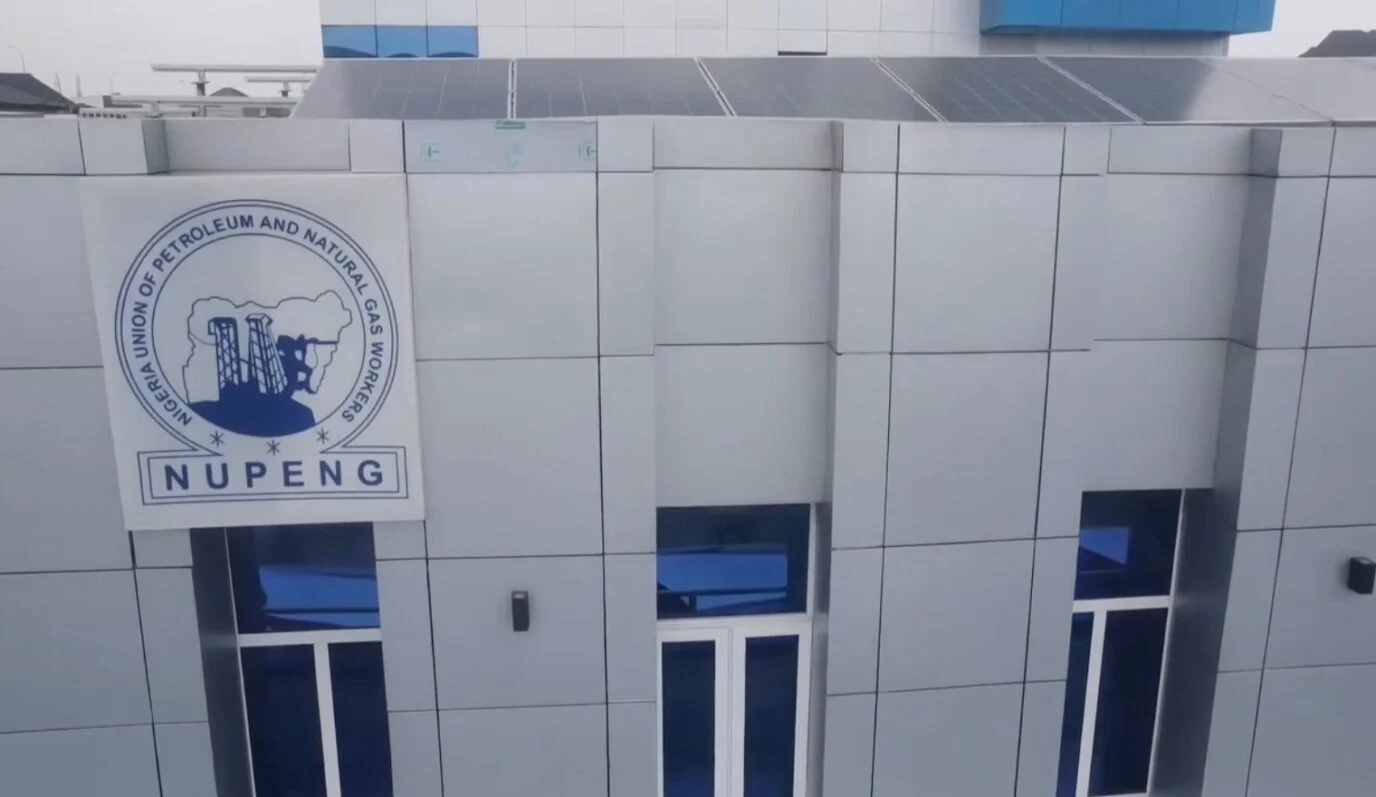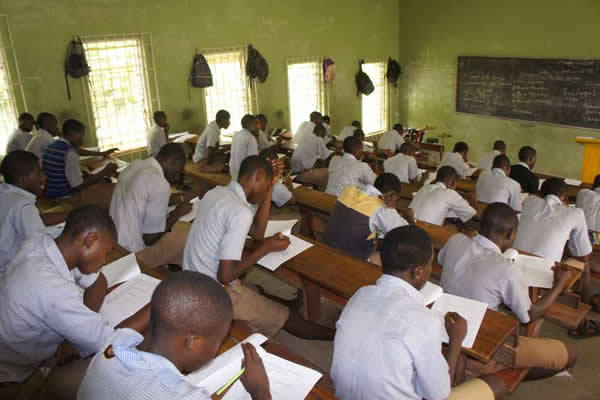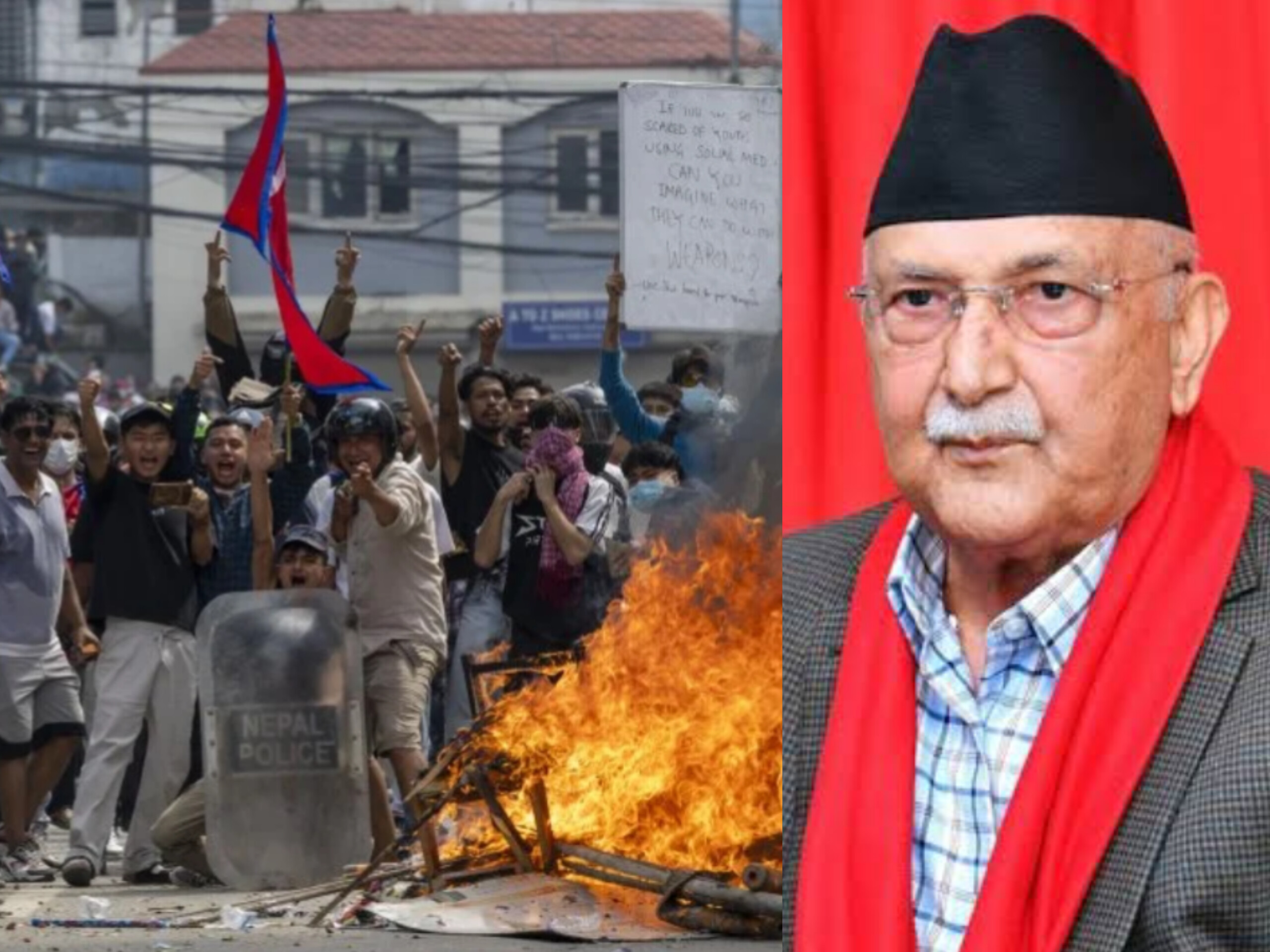A high-powered delegation of biotechnology and biosafety team members on a study tour from Ghana has applauded Nigeria’s success story in the areas of biotechnology and biosafety.
Ghanaian parliamentarian, Dr. Emmanuel Marfo made this disclosure during a courtesy call to the National Biotechnology Development Agency in Abuja on Monday.
Marfo, who is Chairman, Parliamentary Select Committee on Ministry of Environment, Science, Technology, and Innovation, Ghana, expressed satisfaction on behalf of the team, for being among people doing a qualitative job of trying to feed the nation, noting that the visit would help to broaden their scope in biotechnology.
The parliamentarian also said the meeting enabled him to understand the activities of science and also speak for science, ditto effective representation at the parliament or anywhere else.
“Parliamentarians who do oversight must be conversant with the sector,’’ Marfo remarked.
In his own expert reaction, the Chairman of the National Biosafety Authority of Ghana, Prof. Charles Antwi-Boasiako, also commended the great strides of the National Biosafety Management Agency of Nigeria.
Boasiako spoke about the biosafety framework of Ghana and its applicability thereof, stressing the need for public enlightenment for accurate knowledge.
Earlier, Dr. Francis Onyekachi, the African Agricultural Technology Foundation Representative in West Africa, said that the biotechnology infrastructure was properly developed in Nigeria.
He equally hinted that Nigeria was foremost in biosafety regulations, in addition to biotech cowpea and cotton which had been released for commercialization – and that biotech maize was coming next.
Onyekachi told the visitors that Nigeria’s biosafety agency coordinated all risk assessments, adding that policies and regulatory systems were all well-developed instruments of commercialization put in place.
He said the biotech cowpea and cotton were presently in the hands of Nigerian farmers.
Director-General of the National Biotechnology Development Agency, Prof. Abdullahi Mustapha, threw the visitors into a light-bulb moment by giving an overview of the mandates and achievements of the agency.
Mustapha spoke extensively on the role of biotechnology in national development and how agricultural biotechnology could be harnessed to help feed the nation.
“We must all be on our feet to see that we feed our nation and biotechnology is the answer to feeding ourselves on this continent of Africa,” he affirmed.
Speaking, Dr. Rose Gidado, Country Coordinator, Open Forum on Agricultural Biotechnology, eulogized Nigeria’s story on biotechnology and biosafety space as full of successes.
She said that though there were challenges the country had always overcome these challenges to come out even stronger.
She said the delegation found the need to inquire how Nigeria made it to this level and had come to exchange ideas, knowledge, and information in order to build on the bilateral strengths of both countries.
Gidado attributed Nigeria’s success story to pragmatic partnerships.
“We have a strong relationship existing between the regulators in Nigeria and the promoters,’’ she averred.
(NAN)

 BIG STORY2 days ago
BIG STORY2 days ago
 BIG STORY4 days ago
BIG STORY4 days ago
 BIG STORY4 days ago
BIG STORY4 days ago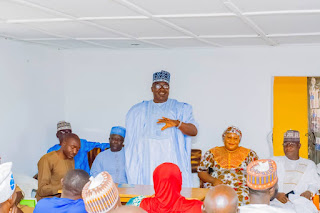
 BIG STORY4 days ago
BIG STORY4 days ago
 BIG STORY23 hours ago
BIG STORY23 hours ago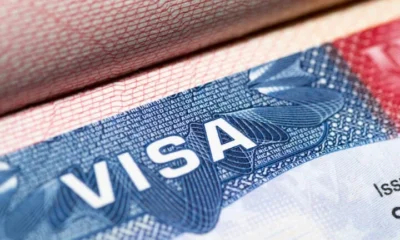
 BIG STORY2 days ago
BIG STORY2 days ago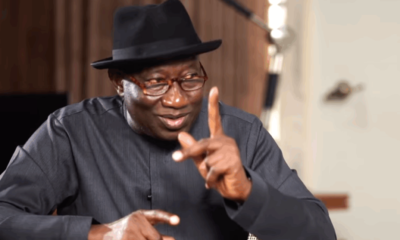
 BIG STORY5 days ago
BIG STORY5 days ago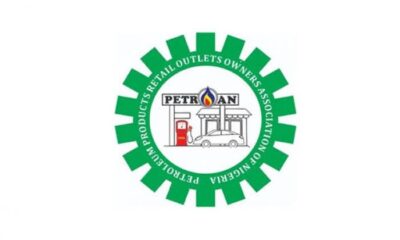
 BIG STORY2 days ago
BIG STORY2 days ago









